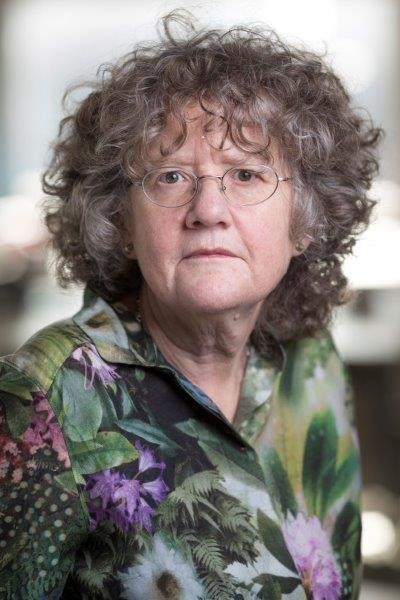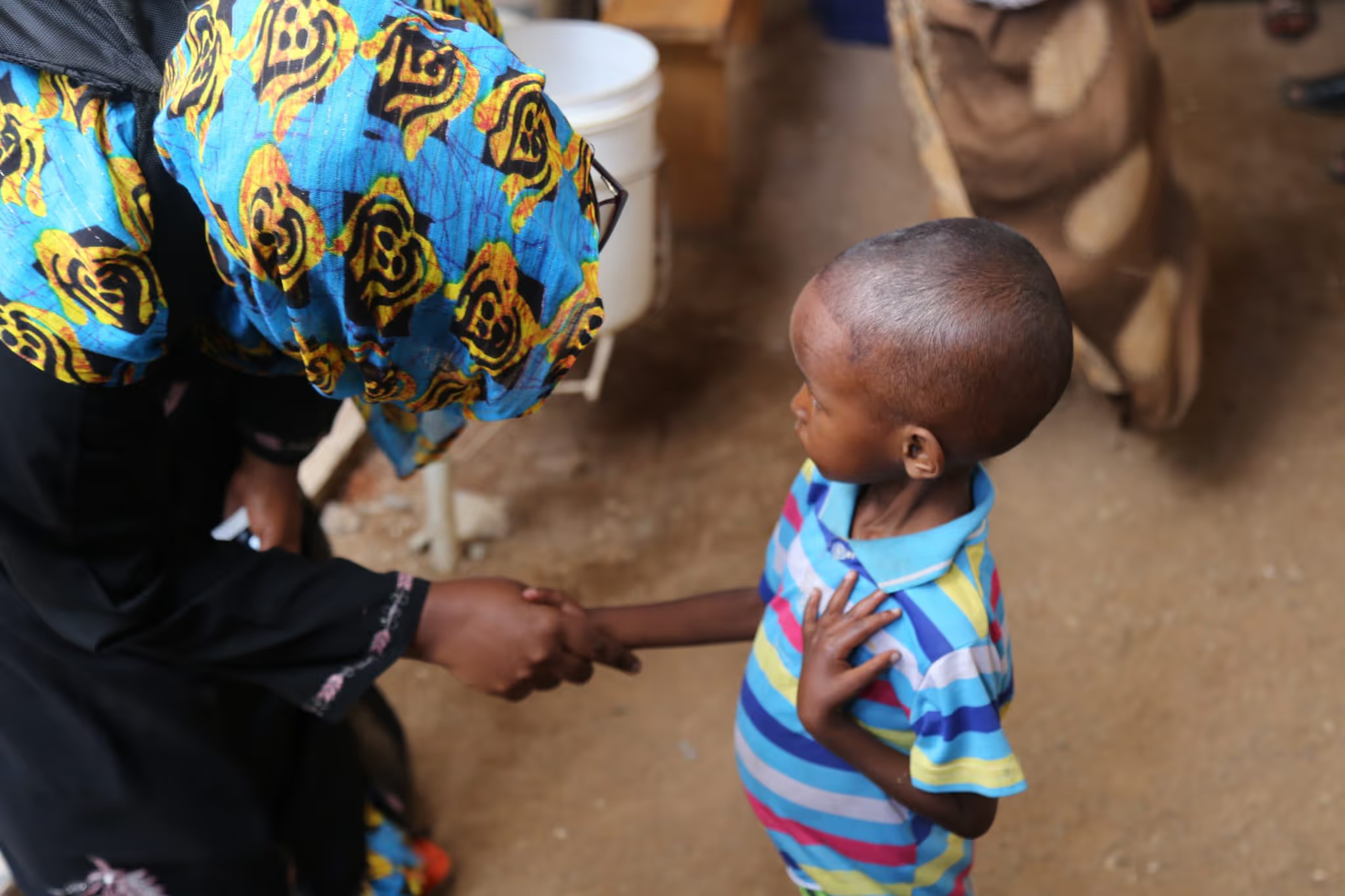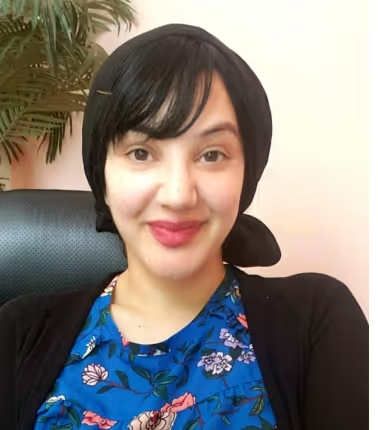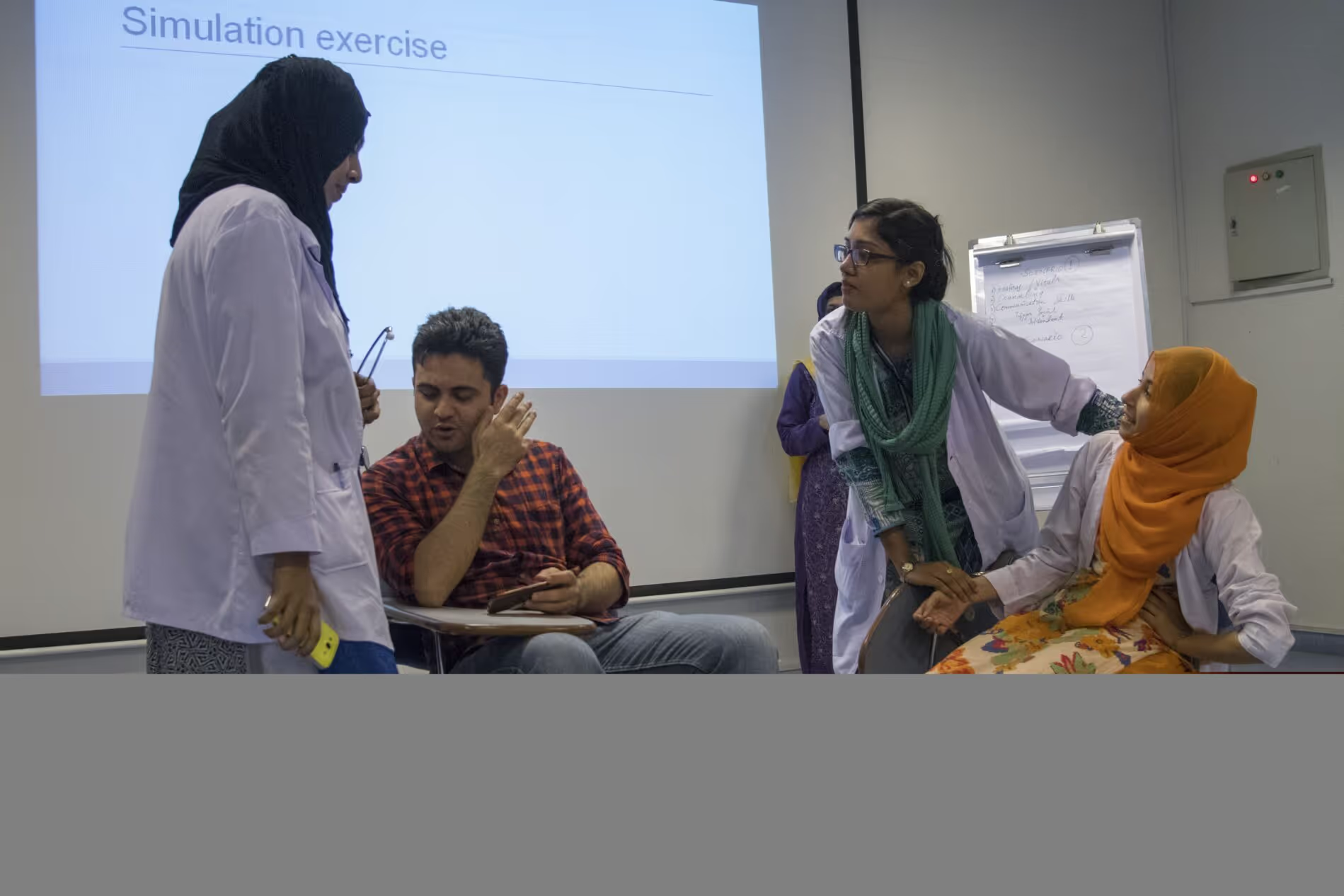Effectiveness of a self-help chatbot for conflict-affected youth
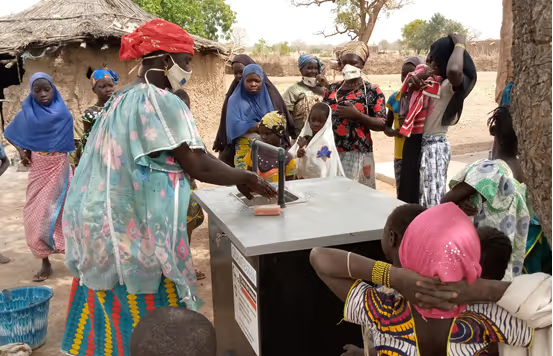
Project overview
A WHO developed, online, guided self-help intervention for adolescents and youth experiencing impairing psychological distress, will be culturally and contextually adapted and trialled in a country wide randomized controlled trial in Jordan.
Project solution
This project offers [specific solution or intervention] to tackle [challenge]. By implementing [strategies, tools, or innovations], the project aims to achieve [desired outcomes]. The approach is designed to [specific actions or methods] to bring about meaningful change in [community, region, or issue area].
Expected outcomes
This project aims to achieve [specific outcomes], such as [measurable results, improvements, or changes]. The expected impact includes [benefits to the target community, advancements in research or innovation, or long-term effects]. By the end of the project, we anticipate [specific changes or milestones] that will contribute to [broader goals or objectives].
Principal Investigator: Mark van Ommeren, World Health Organization
Purpose
The World Health Organization (WHO) estimate that 1 in 5 people affected by conflict will experience a mental disorder. There is a need for low-intensity psychological interventions to support people affected by adverse situations. With increased smartphone access in low-resourced settings, digital (e-Mental health) interventions may be part of the solution. Currently, research on their effectiveness in these settings is scarce.
STARS (Sustainable Technology for Adolescents and youth to Reduce Stress) is a new e-Mental health intervention, delivered through a chatbot interface, developed by WHO to improve the mental health of adolescents and youth experiencing emotional distress in adverse environments. To determine the effectiveness of STARS, a randomised controlled trial of youth (aged 18-21 years), will be conducted in Jordan, following cultural and contextual adaptation of the intervention. Participants will be randomised to receive either STARS or enhanced usual care, with outcomes assessed at baseline, post-intervention, and 3-month follow up.
Expected Outcomes
The results of the trial and associated research will be disseminated through conferences, peer-reviewed academic journals, webinars and capacity building programmes.
Assuming positive results from the trial, we expect implementation of STARS as an evidenced based self-help psychological intervention in Jordan, with project partners supporting these efforts using their understanding of STARS developed through this project.
Regionally and internationally, WHO will continue to build the evidence-base surrounding the STARS intervention with the aim of releasing the materials as a global public good on the basis of pooled positive results from two trials. In addition, UNHCR, UNICEF, and WHO will work with major stakeholders, including governments, humanitarian funders, and implementers to ensure that the STARS intervention is implemented as widely as possible, and included in relevant policies and guidance.
Project delivery & updates
Stay up to date with the latest developments from this project. Here, you will find details on what has been delivered, resources created, and regular updates as the project progresses. Access key documents, reports, and other materials to see how the project is making an impact.
